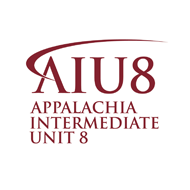Childhood Actions
(View Complete Item Description)What did you do as a child? Did you play hide and go seek? Did you go to the park? Did you behave well or poorly? Most importantly, were you obedient and did you listen to your parents? In this seminar you will take a look at common verbs of childhood.ACTFL StandardsCommunication: Interpersonal Communication, Presentational CommunicationLearning TargetI can give a presentation about my interests, hobbies, lifestyle, or preferred activities.Habits of MindApplying past knowledge to new situationsCritical Thinking SkillAnalyzing Perspectives
Material Type: Lesson Plan




















